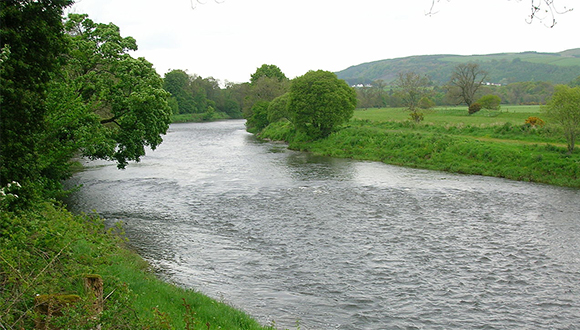Climate change impacts how rivers breathe
The authors of the study call for the implementation of a Global River Observing System to better understand the role of river ecosystems in the study of climate change.
The authors of the study call for the implementation of a Global River Observing System to better understand the role of river ecosystems in the study of climate change.
Partially managing rivers to make them cleaner only by reducing the amount of phosphorus and phytoplankton, can entail undesirable changes throughout the ecosystem due to a nutrient imbalance. This is the main result of a study by researchers Carles Ibáñez at IRTA and Josep Peñuelas, CSIC researcher at CREAF, which was published by Science.
Los Angeles and its great urban area (more than 18 million people) are in water suply problems since long time ago. At the begining of the 20th century, Owens Valley was drained among huge hiden economic interests that inspired the film Chinatown.
The manual, in which the CREAF researchers Anabel Sánchez and Annelies Broekman have participated, summarizes the stages of the BeWater project and the lessons learned in the creation of adaptation plans between scientists and local society.
On Tuesday 24 January, the final local event of the BeWater project, a European project coordinated by CREAF was celebrated in Sant Celoni (Vallès Oriental).
December 31 is the last day to send the abstracts for the BeWater project conference, which will take place in Slovenia on 7 and 8 March 2017.
The WaterInnEU Marketplace will be launched soon and will be a match making hub that has been established to accelerate the market translation of products and services of specific relevance to River Basin Management.

A diverse group of stakeholders took part in a dynamic workshop to evaluate the best options to manage water in the Tordera River Basin in a more sustainable and adaptive way. The 17 participants included researchers, managers, farmers and other citizens who live and work in the Basin. The meeting took place in Santa Maria de Palautordera on 17 June 2015. Key options identified included adaptive forest management, the implementation of environmental flows and better citizen participation spaces.

